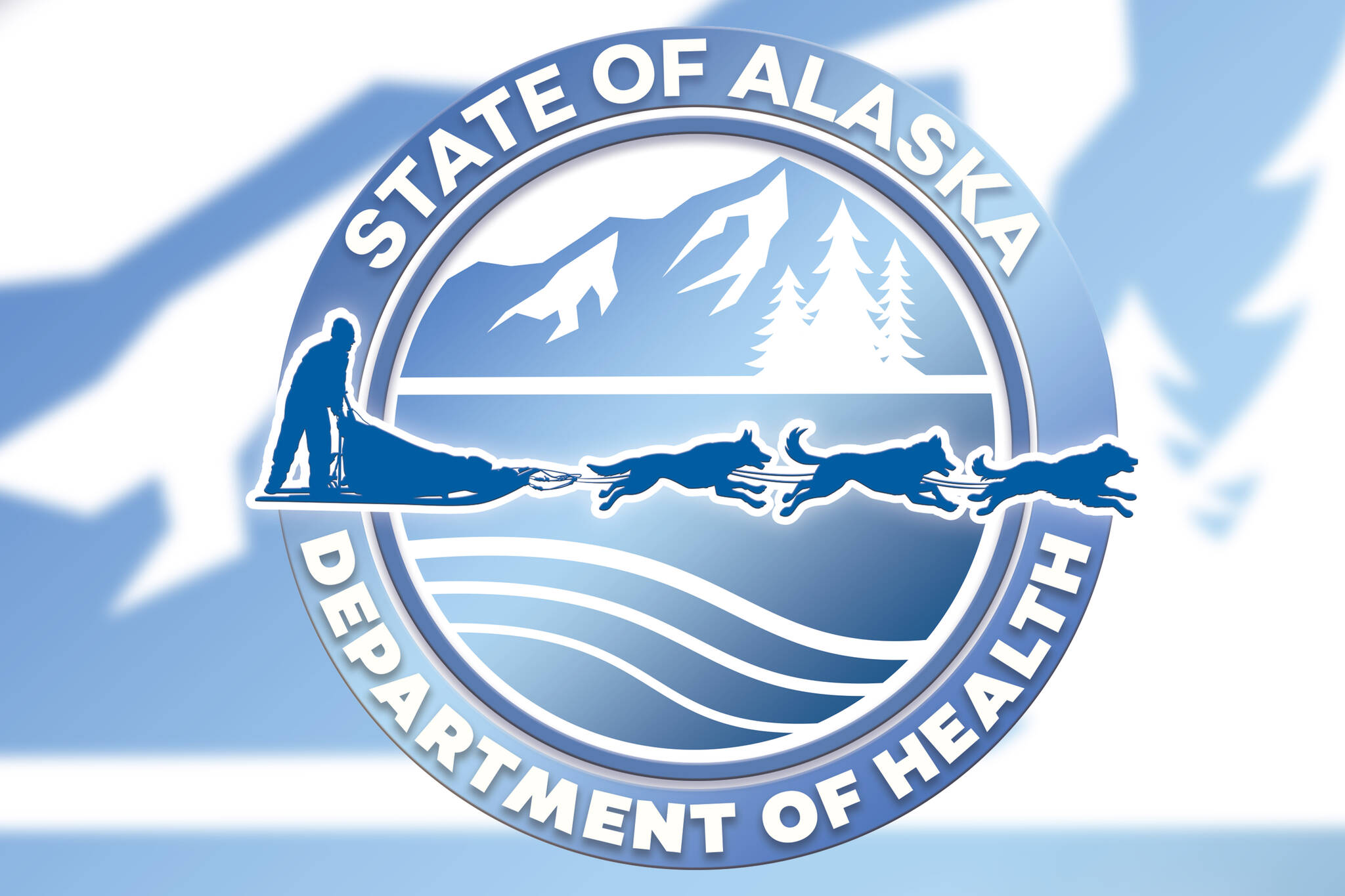An epidemiology bulletin published by the State Department of Health on Monday says that adverse childhood experiences, ACEs, are common in Alaska. This is the result of a report compiled by the Division of Public Health’s Section of Women’s, Children’s and Family Health that sought to “describe the epidemiology” of ACEs in the state by presenting their prevalence, describing trends and reviewing prevention infrastructure.
Defined in the report, ACEs are “potentially traumatic events” that occur in childhood and are “linked to negative health, behavioral and economic outcomes in adulthood.” These include different kinds of child abuse, neglect and household or community challenges, such as witnessing violence or substance abuse.
“Stable, nurturing environments and relationships are essential to children’s health and well being,” the report reads. “Exposure to multiple ACEs … increases the risk of death, acute and chronic diseases, and mental health and substance use challenges in adulthood.”
To capture an image of the prevalence of ACEs in Alaska, the section compiled data from “multiple surveillance systems and databases,” which included studies and surveys spanning different years and age groups.
The report said that around 68% of adults surveyed between 2013 and 2015 retrospectively reported at least one ACE in their childhood — greater than the national average of 61%. In 2020, 79% of Alaska women surveyed reported an ACE as a child. Those two sources respectively further said that 20% of adults and 34% of adult women experienced four or more.
Comparing different data sources is “inadvisable,” the report says, but each source provides “a unique perspective.”
Another study conducted from 2012-2020 found that nearly half of 3-year-old children surveyed in Alaska experienced ACEs. Another from 2016-2021 found that around 40% of children 17 years old or younger had experienced an ACE.
A survey completed locally on the Kenai Peninsula by Change 4 the Kenai earlier this year found that 81% of 700 respondents reported an ACE in their childhood. Nearly half, at 46% had “four or more.”
“ACEs and their effects can be prevented or mitigated,” the epidemiology bulletin reads.
The most common ACE experienced by children who are 3 years old is “familial financial hardship.” This was attributed to changes in income and increases in expenses that can follow childbirth. The report recommends the prevention efforts proposed by the Centers for Disease Control and Prevention, which it says are development of affordable child care, parental leave policies and financial assistance programs for families in need.
“Investment in the financial security of families extends to investment into the well-being of young Alaska children,” the report reads.
In children 17 or younger, the most common ACE was parental divorce. To combat the effects of divorce, the report recommends “building and promoting health family dynamics and positive parenting skills, no matter the family makeup.”
In adults, both in general and when only considering women, the most reported ACE was mental injury — the result of emotional or psychological abuse. The report recommends “educating parents on developmentally appropriate expectations for child behavior and at improving child-parent attunement.”
The report describes indicators for significant disparities between populations. These include indicators based on race or finances. ACE prevention needs to be tailored, the report says, to address the needs of different groups. These resources should be “culturally relevant and available” to Alaska families throughout childhood, beginning before pregnancy.
To read the full report, visit health.alaska.gov and find “Epidemiology” under “Division of Public Health.”
Reach reporter Jake Dye at jacob.dye@peninsulaclarion.com.

